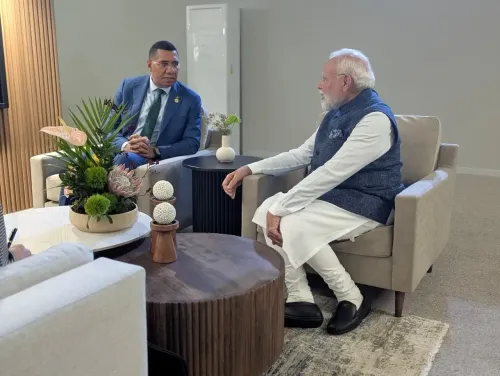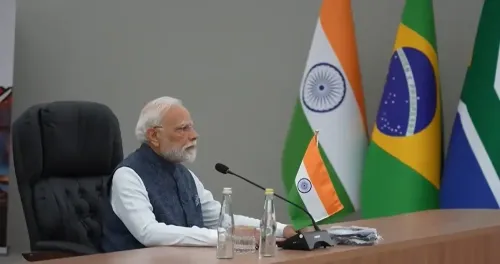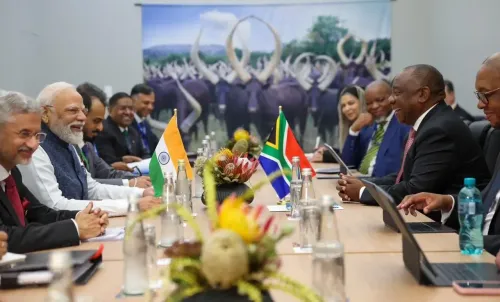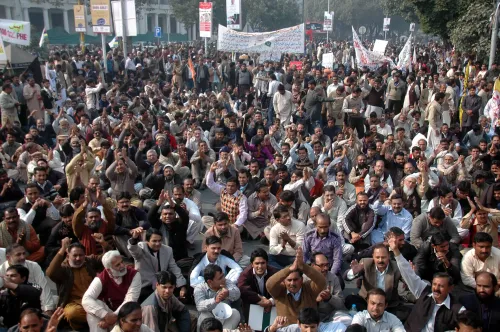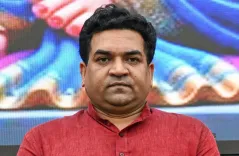Should PM Shehbaz Sharif Avoid an Aggressive Stance Against India?
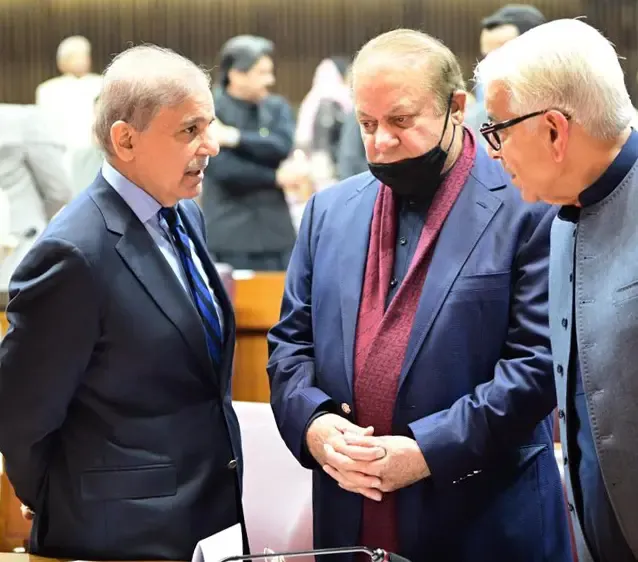
Synopsis
Key Takeaways
- Nawaz Sharif emphasizes diplomatic efforts over aggression.
- Shehbaz Sharif briefs on government actions taken post-NSC meeting.
- India's suspension of the Indus Waters Treaty raises regional tensions.
- Khawaja Asif calls for an international investigation.
- Preparedness to respond to any Indian aggression is highlighted.
Islamabad, April 28 (NationPress) Nawaz Sharif, the three-time Prime Minister of Pakistan and the founder of the ruling party Pakistan Muslim League – Nawaz (PML-N), has urged his younger brother, Prime Minister Shehbaz Sharif, to leverage all diplomatic avenues to foster peace with India, emphasizing his disapproval of adopting an aggressive stance.
The two brothers convened in Lahore on Sunday evening, where Shehbaz shared insights about the actions taken by his administration regarding India following the National Security Committee (NSC) meeting, particularly in light of India’s suspension of the Indus Waters Treaty (IWT) after the Pahalgam incident.
Sources indicate that Shehbaz provided details on how his government has reciprocated New Delhi's actions, including the closure of its airspace to India. He also informed Nawaz of Pakistan's preparedness to respond decisively to any aggression from India.
“PM Shehbaz conveyed to his elder brother that India’s unilateral suspension of the Indus Waters Treaty has escalated the potential for conflict in the region,” the source reported.
Nawaz Sharif advised PM Shehbaz to refrain from adopting an aggressive approach in this situation and to utilize diplomatic channels to de-escalate tensions.
Pakistan's Defence Minister Khawaja Asif has called for the establishment of an international commission, involving officials from countries such as the United States, Russia, China, and Britain, to investigate the Pahalgam attack. He asserted that if such a commission is formed, Islamabad will present evidence of India’s involvement in the Jaffar Express terror attack in Balochistan, as well as ties to anti-Pakistan factions like the Baloch Liberation Army (BLA) and the Tehreek-e-Taliban Pakistan (TTP).
“Despite recognizing this as a false flag operation, we are willing to collaborate with any such commission to bring an end to this charade. However, India will witness our preparedness if it pursues any aggressive actions,” stated Khawaja Asif.

